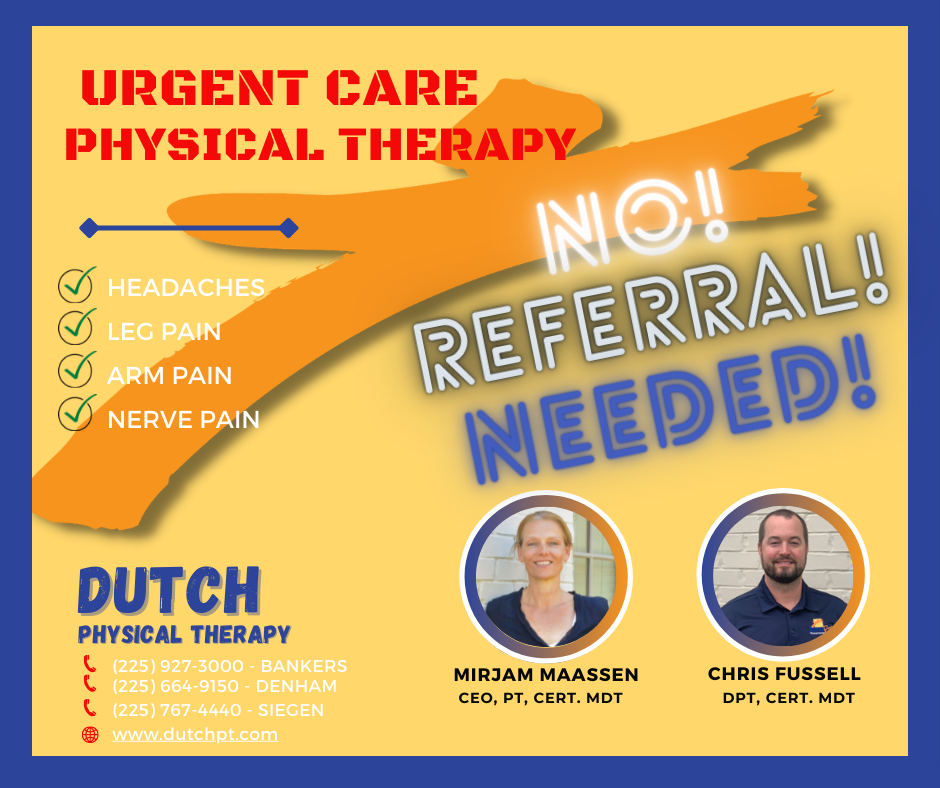Shoulder pain is a common condition affecting millions of people worldwide. It can range from mild discomfort to severe pain, limiting the ability to perform daily tasks. The shoulder joint is a complex structure, making it prone to a variety of injuries and conditions. Due to its wide range of motion, any damage to the bones, muscles, tendons, or ligaments in the area can lead to significant pain and stiffness. This pain often results in a decreased ability to move the arm or shoulder, impacting work, sports, and routine activities.

Common Causes of Shoulder Pain
The most common causes of shoulder pain include rotator cuff injuries, bursitis, tendonitis, frozen shoulder (adhesive capsulitis), and shoulder impingement. Rotator cuff injuries, particularly tears, are common in athletes and older adults. Bursitis and tendonitis result from inflammation due to overuse or repetitive motion, leading to swelling and pain. Frozen shoulder occurs when the connective tissues in the shoulder joint stiffen, restricting movement. Shoulder impingement happens when the shoulder blade rubs or “impinges” on the tendons in the rotator cuff. Arthritis and fractures also contribute to shoulder pain, particularly in older populations.
The McKenzie Method
The McKenzie Method of physical therapy, also known as Mechanical Diagnosis and Therapy (MDT), is widely used to treat musculoskeletal issues, including shoulder pain. Developed by New Zealand physiotherapist Robin McKenzie, this method focuses on self-treatment, empowering patients to take control of their pain. It emphasizes specific exercises that target the source of pain, helping to restore motion and function. By identifying mechanical causes of shoulder pain, McKenzie therapists can guide patients through a series of movements that aim to reduce pain and improve mobility.

How the McKenzie Method Helps Shoulder Pain
For shoulder pain, the McKenzie Method involves careful assessment of the patient’s symptoms and identifying positions or movements that alleviate pain. The approach encourages patients to perform exercises that allow for gradual movement restoration, reducing stiffness and inflammation. By following a personalized exercise program, patients can reduce their dependence on medication or invasive treatments like surgery. The McKenzie Method emphasizes postural correction and repetitive motion, often helping with issues like shoulder impingement or tendonitis by easing the pressure on affected tendons and muscles.
Long-Term Benefits and Prevention
The McKenzie Method is particularly effective because it offers long-term benefits by teaching patients how to prevent future shoulder issues. In addition to pain relief, the method encourages better posture, muscle strength, and flexibility, all of which contribute to maintaining a healthy shoulder. The emphasis on self-management helps patients understand their own bodies, making them less reliant on healthcare providers for ongoing issues. This proactive approach can significantly improve the quality of life for individuals suffering from chronic or recurring shoulder pain.
Relieve your shoulder pain and regain mobility with this method provided by our therapists at Dutch Physical Therapy! Our personalized treatment focuses on targeted exercises and postural correction to reduce pain, improve range of motion, and help you take control of your recovery. Whether you’re dealing with rotator cuff issues, tendonitis, or impingement, we can help you achieve lasting relief without surgery or medication. Contact us today to restore your lifestyle through rehabilitation and wellness!





